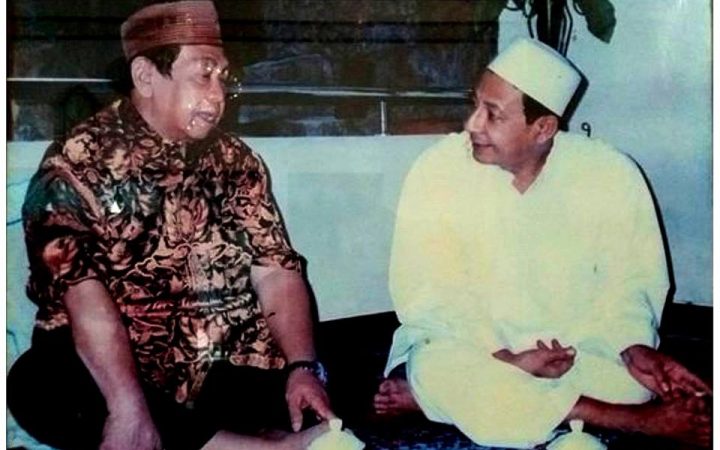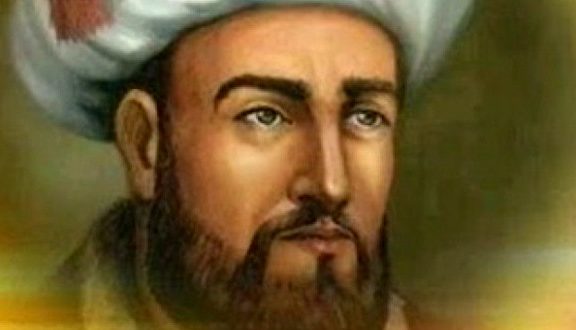Abdurrahman Wahid, known as Gus Dur, was the fourth president of the Republic of Indonesia and a prominent Indonesian Muslim scholar as well. Above all, he is the godfather of Pluralism. Especially in Indonesia, regardless those who disagreed with this predicate including his followers. It is said that Gus Dur once ever asked his loyal friend Djohan Efendi, if he died he wanted to have a tombstone carved with the inscription, “Here is buried a Pluralist. ”
There are many people, indeed, agreed with this predicate such as Susilo Bambang Yudhoyono, the sixth Indonesian President. Yudhoyono acknowledges that Gus Dur is the godfather of pluralism in Indonesian for his universal thought especially on the importance of respecting diversities. Yudhoyono further said that Gus Dus is the one who always see others, wherever and whenever, as truly human being and of the God’s creation.
As well as God honours human, Gus Dur also want to do likewise. As well as how God loves His creatures, Gus Dur also want to do the same. As Sufist proverb, “Takhallaquu bi Akhlaq Allah” (behave as Allah’s behave). As far as I know, Gus Dur, in fact, has little to say about the discourse of Pluralism following its theological postulates as most scholars and activists of Human Rights.
Nevertheless, he tended to practice and gave examples of pluralism through his actions. Pluralism was much more practised in Gus Dur’s daily life than is disclosed. And, when he was asked to have a postulate, he would deliver this Quranic verse as bellow:
“O mankind, indeed We have created you from male and female and made you peoples and tribes that you may know one another. Indeed, the most noble of you in the sight of Allah is the most righteous of you. Indeed, Allah is Knowing and Acquainted (Al Hujurar [49]: 12).”
From the verse above, the words “Li Ta’arafu” (that you may know one another) means not only recognizing by name, address, even merely from physical body like face. recognizing one another here means knowing the habits, tradition, cultures, thoughts, interests which all are different one and another.
This words means much more than its look. “Li Ta’arafu” means that human should be wise, prudent and humble for one and another. In Sufism context, this term is more understood for the inner self. The Sufis conceded it as those who absorbed the knowledge of godliness through intuition and inner struggle.
The most noble one before the God is the most righteous one (taqwa) instead of their tribe, nation, identities, appearance nor prosperity. Taqwa is not simply understood and merely performed through formal religious practised such as coming to mosques or attending sermons, reading the holy scriptures, or fasting; but, it is more than that of one.
Taqwa essentially also means to control the anger, desires, purifying the heart, no harming and threatening others, being friendly, patient and humble. Meaning, Taqwa generally is also understood and should represented through kindness attitude toward others, not only human but also toward all His creatures in the universe.
*Originally translated from Indonesian article on islami.co, written by KH. Husein Muhammad https://islami.co/pluralisme-gus-dur-gagasan-para-sufi/
![Islami[dot]co](https://en.islami.co/wp-content/themes/jambualas/images/logo.png)


